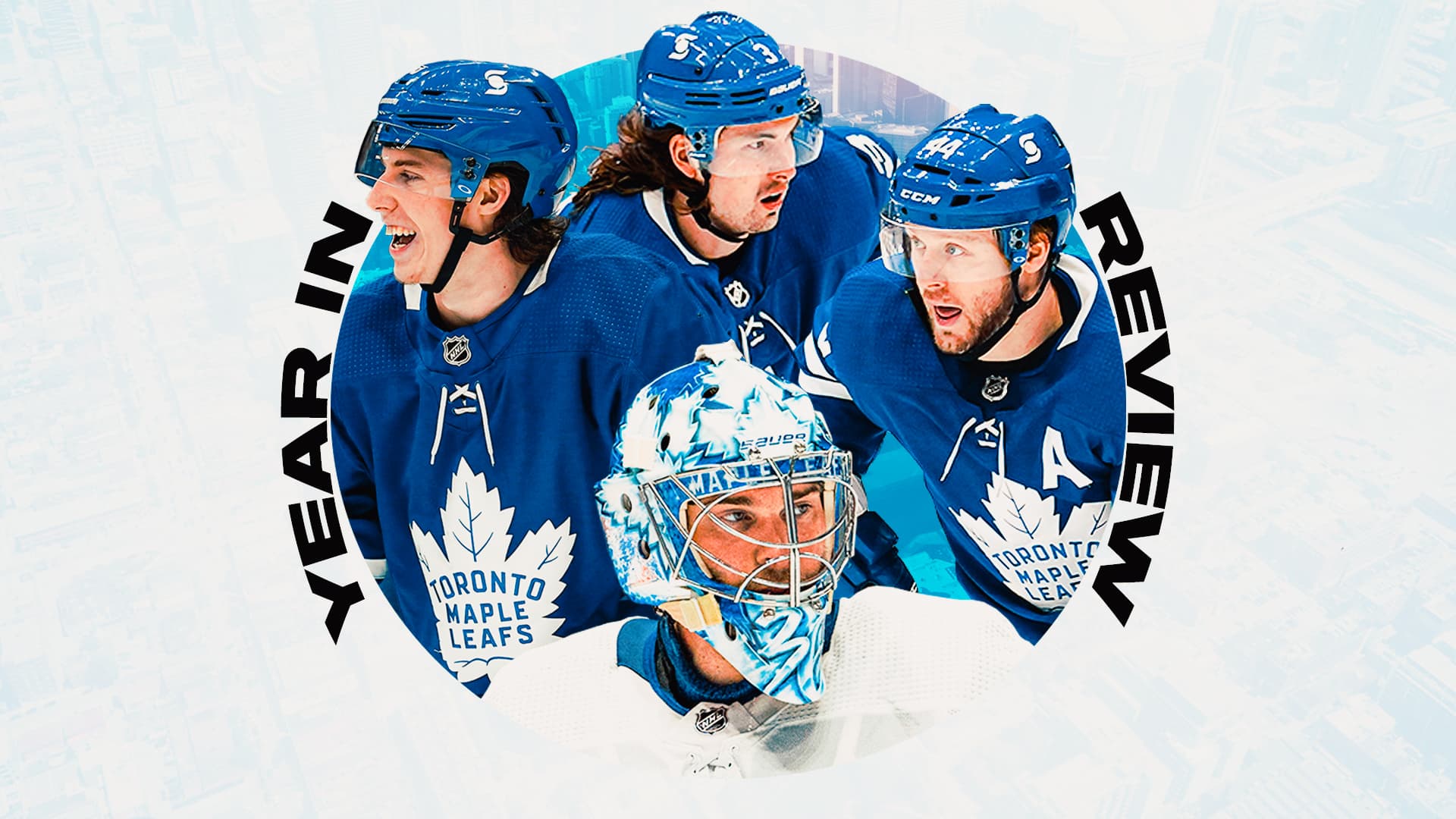Morgan Rielly’s shortcomings are significant, but his contributions far outweigh them
Photo credit: Nick Barden
Jun 15, 2021, 11:00 EDT
Breaking News
- Panthers’ Sam Bennett, Paul Maurice not fazed by altercation with Maple Leafs at end of Game 4
- Joseph Woll discusses tight game, early penalties after stellar performance in Game 4 loss
- 6 takeaways from Leafs-Panthers Game 4: Woll responds as lone bright spot in losing effort
- Knee Jerk Reaction: Panthers tie series at 2 after Maple Leafs’ worst performance of playoffs
- All eyes will be on Maple Leafs’ Joseph Woll in Game 4
